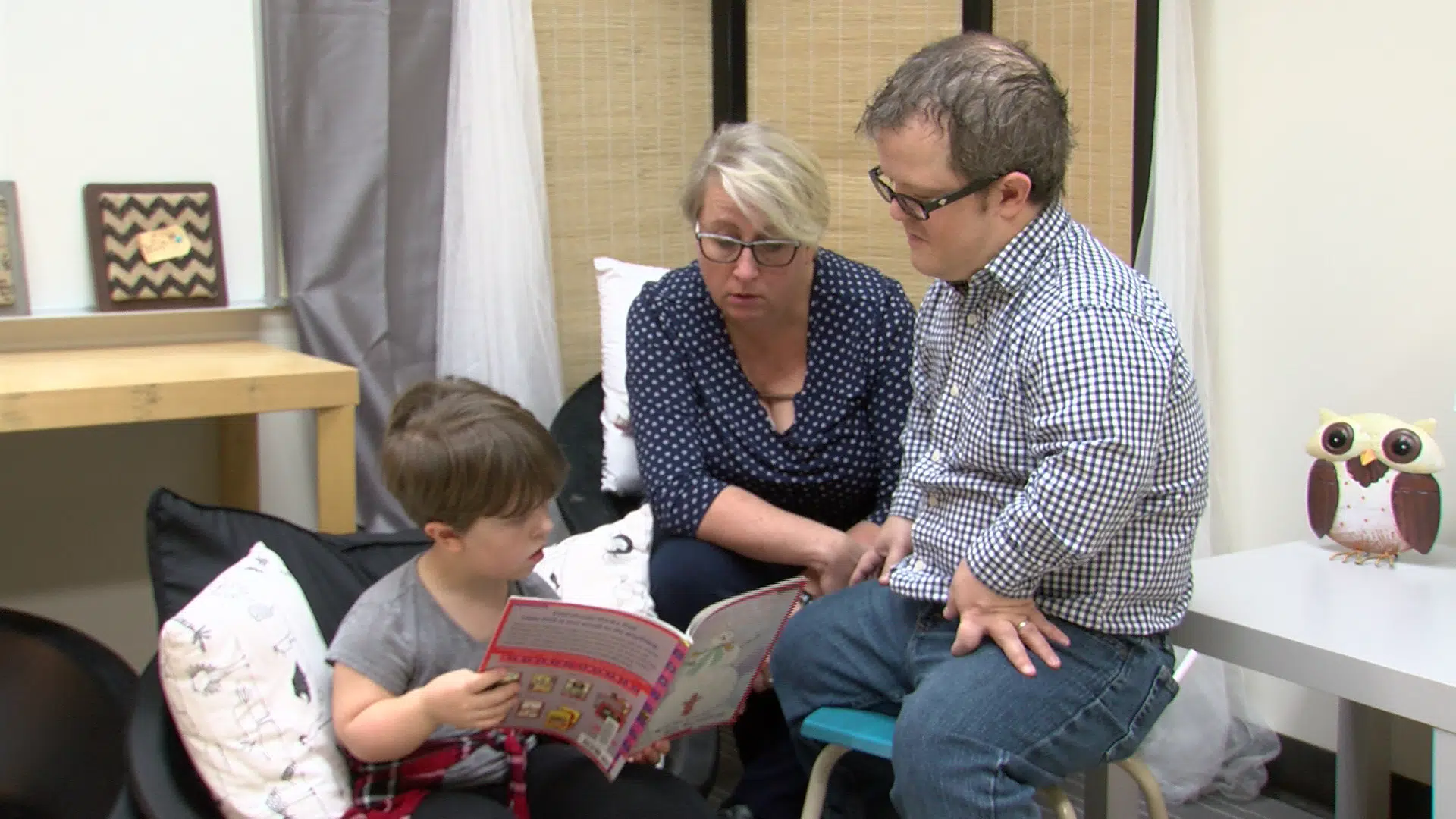
Alberta movement seeks to remove the term ‘midget’ from minor hockey
MEDICINE HAT, AB — It’s a familiar term associated with sports around the country, especially hockey.
However, it can also be used to describe those with dwarfism and now an increasing number of people across Alberta and Canada are looking to remove it from sports vocabulary.
“There’s always been sensitivity from the little people community around the word ‘midget’,” says Josh Haskett, member of the Association of Little People of Alberta. “And we’re now in a time where there’s awareness around all insensitivities.”
